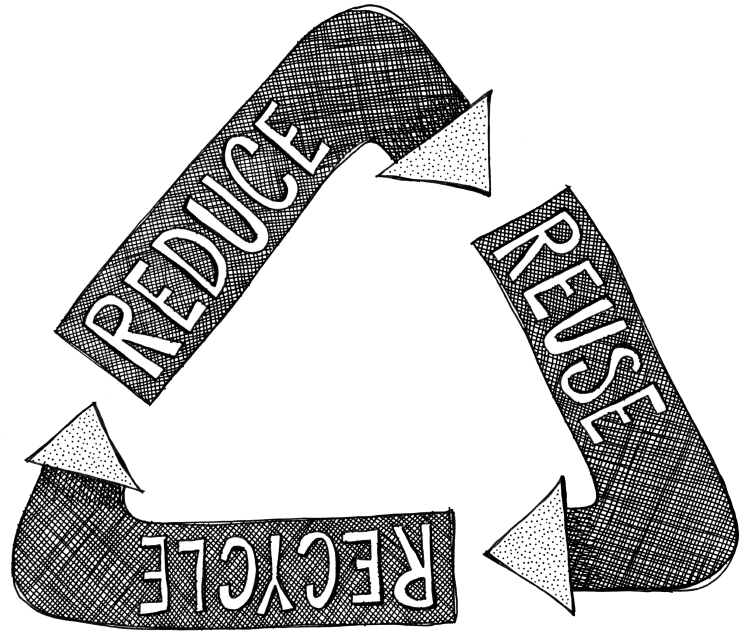
If you are not regularly surprised by new input in your life and work, it may well be that you’ve sunk into a rut. Still, you may find surprises derailing –especially if you are working at capacity, unclear about your goals, or unwilling to compromise to account for change. We learn the “three R’s” in school, but I have never seen “dealing with surprises as a knowledge worker” on the curriculum at any educational institution. Perhaps it should be.
I have discovered my own “three R’s” to help me deal with ambiguity and surprise at home and in the office. I tend to take on a lot, move fast, and have high standards for what I do. Models like the Project Management Triangle tell me that one can’t have it all in a product design. The same is true for my workflow–I can’t do everything, fast, at good quality–and when surprises hit, I often need to make choices, not only about what I do but how.
Here are some choices you can make to make sure you stay on track when surprises hit:
Recalibrate — set your internal gauge for your own capacity overall so that you account for surprises and ambiguity. You may want to make what you perceive as 80% into the new 100%, so that there is room to manoeuvre. It will feel odd at first, like using a clock that is set fast or a speedometer where the needle is out by a few degrees, so you need to consciously remind yourself that what you perceive is not (based on external results) totally accurate. Make 80% the new 100%. See if it gives you some room.
Renegotiate — with a complete GTD project and next action list, look at your mix of hard and soft due-dates, simple and complex projects. Make sure you have ones you can renegotiate if things get tough, and actively renegotiate them with the people who care about them. A commitment renegotiated is not a commitment broken. It’s one of the two ways (besides completing it) that you can still feel good about the outcome. In the end, your conscience will always tell you if you’re using the idea of renegotiation as a cop-out, or as a way to keep focused on what matters most.
Redefine “Done” — within the project, either by trimming back the components and redefining its scope, or by changing the standard. “Good enough, on time” may sometimes be preferable to “perfect, late”. Again, there is an odd feeling that can come with recalibration. If you are someone with high standards, keep reinforcing to yourself the standards that are externally acceptable (based on results), all the while acknowledging that you are someone with high standards (which is still admirable!).
Surprises are inevitable, and can even be invigorating. I still aim for thorough, fast, and good. But when something new and significant shows up in my world, sometimes something has to give. Consciously deciding how to deal with that, through practicing the “three R’s”, means I can calibrate my workload to allow for change, renegotiate as needed in a way that works for everyone, and set my standards for “done” in a way that makes sense (keeping perfectionism at bay).
All of this, of course, is predicated on keeping my GTD systems accurate and up-to-date. As David Allen says, it can help you feel good about what you are doing by knowing what you are not doing. It can also help you feel fine about the unexpected, knowing that you can deal with surprises in a practical, rational way.
That is, of course, unless the surprise is a few dozen friends flicking on the lights and shouting “Happy Birthday!” In which case, go have some cake.

